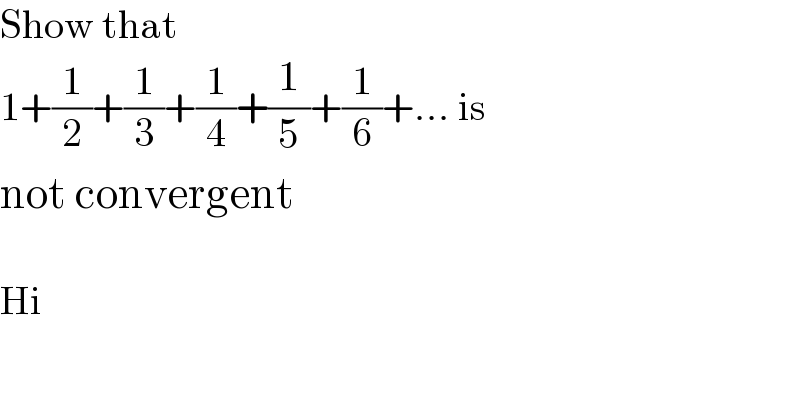
Question and Answers Forum
Question Number 184918 by Mastermind last updated on 14/Jan/23

Commented by Frix last updated on 14/Jan/23

Commented by Mastermind last updated on 14/Jan/23

Answered by Frix last updated on 14/Jan/23

Answered by prakash jain last updated on 14/Jan/23

